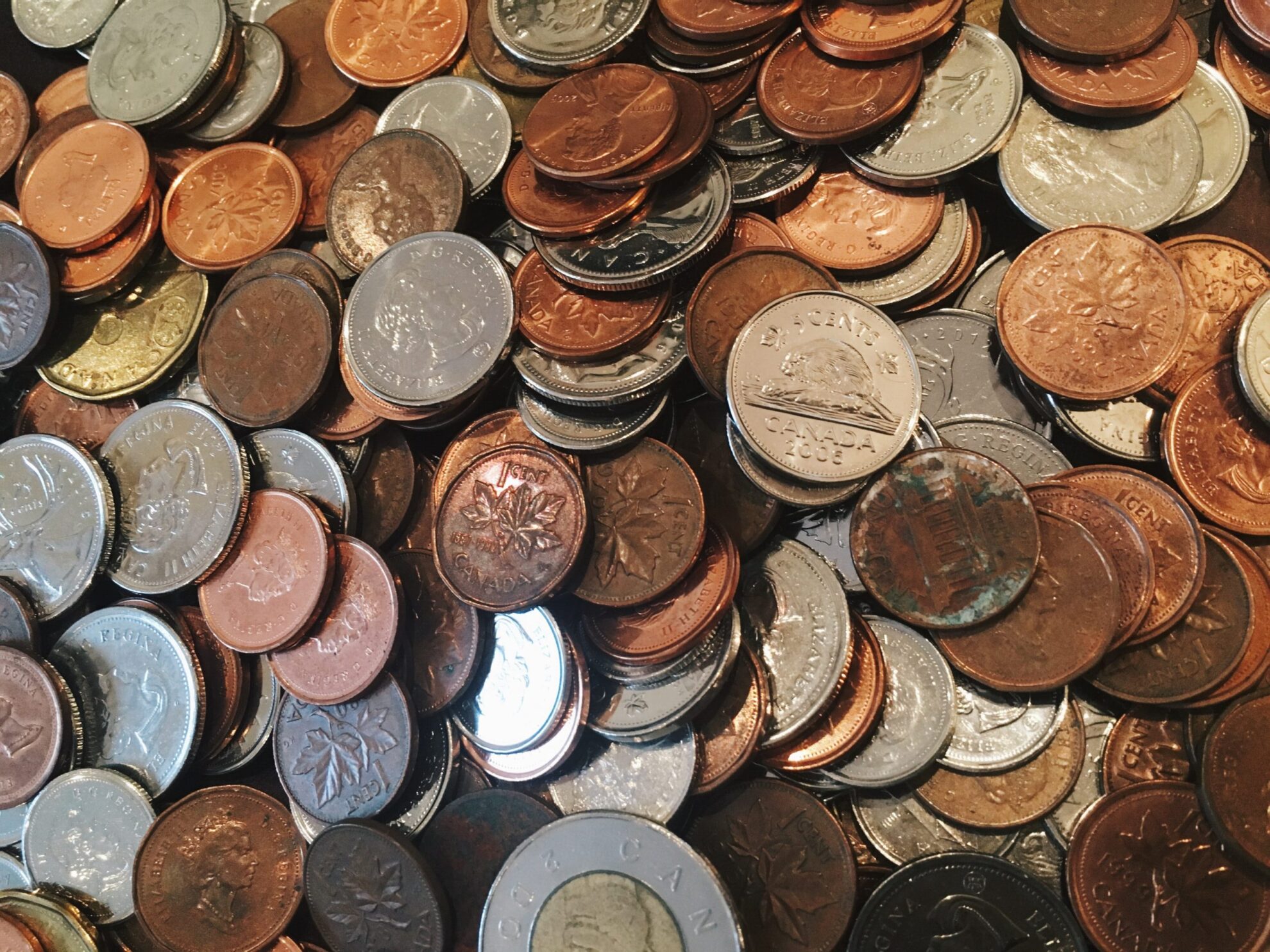When was the last time you paid with money?
Was it before the pandemic? Then you are not alone.
It’s no surprise that societal changes caused by Covid-19 will long outlast the coronavirus. Months of lockdown measures have accelerated trends that might have otherwise taken years to manifest.
One quickly evolving phenomenon is where and how consumers spend money.
According to statista.com, an online portal for statistics, between March 11 and May 3 Canadian online sales of household appliances, electronics, building materials and do-it-yourself items skyrocketed by 625 percent year-on-year. Furniture sales went up 336 percent and clothing by 175 percent.
Businesses that have remained open are encouraging contactless payment, i.e., with debit and credit cards, while food courier apps and other delivery services have proliferated among grocery chains. Restaurants’ online food sales have increased by 203 percent; however, their overall business has drastically declined.
Why aren’t people using cash?
During the pandemic, many businesses in Toronto have refused to accept hard currency over concerns that coins and plastic bills help spread the virus. Elsewhere, hard-hit countries like Spain have seen cash volumes plummet as much as 90 percent.
In a world already reliant on virtual exchange, Covid-19 has put considerable doubt on the long-term viability of carrying money in physical form.
What does a cashless society look like? And should we welcome it?
Gary Cohn, a former director of the U.S. National Economic Council, argues going cashless would not only diminish illicit enterprise but would help common folk better organize their taxes. (Two reasons any government would love such a system.)
On the other hand, the drawbacks are immediate and far-reaching. Every digital and card purchase can be tracked and catalogued, letting consumer habits be measured and controlled by keystrokes. And those unfortunately lacking access would be excluded from commerce of any kind.
The pandemic has given digital currency a huge nudge – a disruptive shift and a leap towards a technocratic future. Society should be wary of such an outcome.




